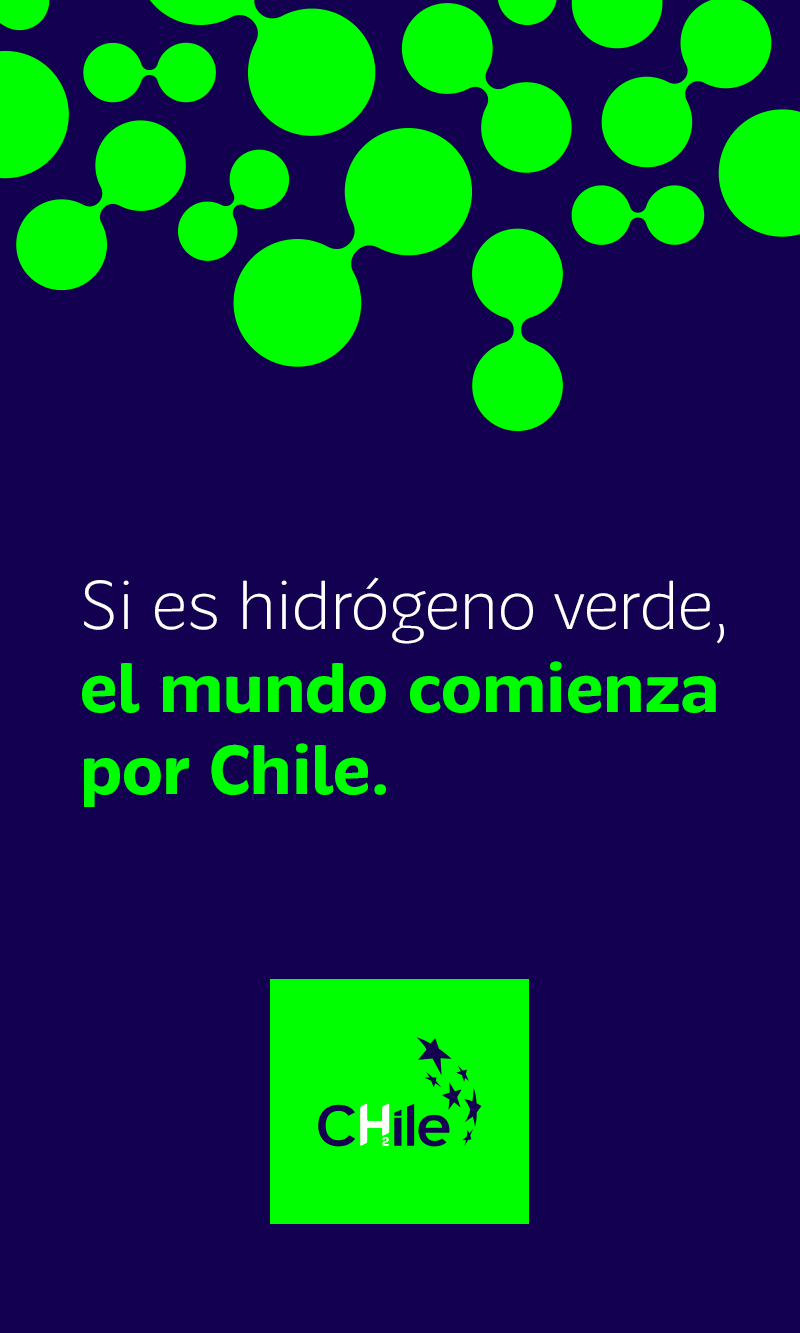The institution in charge of promoting Chile’s image around the world has presented a series of audio-visual pieces that bring together the stories of Chileans living in Sweden, Mexico and Argentina. They portray how national identity is built beyond borders.
As part of the commemoration of the 50th anniversary of the coup d’état, Fundación Imagen de Chile presented the documentary “50 years: identity, memory and future” at La Moneda Cultural Center’s Cineteca Nacional. The 33-minute-long short-film tells the stories of Chileans living abroad, showing the realities of those who left the country against their will half a century ago, as well as the families they have built in exile.
“In different and profound ways, these 50 years have marked us forever as a country in a manner that we have perhaps still not fully understood today. Thousands of Chileans went into exile and now, half a century later, they have forged new lives and families in those distant territories,” stated the executive director of Imagen de Chile, Rossana Dresdner.
The film also tells the testimonies of Chileans who have built their lives abroad, working in academia and other areas. “At Fundación Imagen de Chile, we wanted to collect, portray and share that reality, to show those lives, those human stories of Chileans who are living in those little pieces of Chile, showing what they have built as Chileans over these 50 years,” Dresdner added.
From the Foreign Affairs Ministry, acting minister Gloria de la Fuente stated, “there are many Chileans living abroad who are making different contributions in science, art and technology. Fortunately, I have had the chance to meet many of them. Also, with regard to what we have come together for, many Chileans abroad who were exiled are those keeping the memory alive, and the fragments of thousands of stories contribute in a very fundamental way to remembering that the defense of democracy is very important so that it never happens again.”
A piece of Chile throughout the world
With the collaboration of the Chilean embassies in Sweden, Mexico and Argentina, it has been possible to learn about the human stories that speak not only of Chile, but also of these territories that opened their doors to receive thousands of Chileans in a time of fear and uncertainty.
“There were some photos. A photo of my mom, my dad and me as a baby; the photo they’d used to search for me all these years. My appropriators, the family that raised me, had also taken photos of me shortly after they’d taken me in, and I recognized myself in those photos,” recounts Claudia Poblete, daughter of a Chilean couple detained in Argentina, who was recovered by her paternal grandmother in 1999, when she was 21 years old.
“We in the sciences study the adaptation of our cells. We see how they adapt and change their phenotypes. As we are migratory, we also adapt to everything. I admire the Chilean community that had to emigrate to Sweden, because the cultures are completely different. In a context where there was so much sadness for leaving your country behind, adaptation had to be very difficult,” says Eduardo Villablanca, an associate professor at the Karolinska Institutet who has lived in Sweden for eight years.
To this day, adaptation continues to be an ongoing process for many of those who had to leave their country. “I’ve never gotten used to it here. My daughter has, and my son too. They already have their lives here; they love Sweden,” states Gloria Bascur, a dressmaker and chef who has lived in Sweden for 35 years.
Second- and third-generation Chileans abroad also analyze what these past 50 years have been like: “I wish people could open up to listen to others. Not only because 50 years have passed since the coup, but to really see that what happened in Chile isn’t right. We have to use these spaces to remember what can’t be allowed to happen again, to celebrate what we’ve achieved and to see where we want to go,” says Natalia Ponce, a political science student who was born in Mexico to a Chilean couple.
Chile at 50 years
As part of the launch of the series of documentary pieces, Fundación Imagen de Chile has created a landing page that, in addition to hosting the documentary, offers a range of content that captures the “Chilean” reality for thousands of compatriots living far from our borders. It also gives an account of how the world has seen us over this half century.
Containing films, series, documentaries and archive documents, the content hub allows users to access material that shows what these last years have been like. It also provides a historical overview of the international media coverage of Chile during the last five decades. It is available from Thursday, August 31.
Also on the site, under the title “Our everyday stories of the last 50 years”, people will be able to send photographs that capture moments of their lives during the last half century, thus reflecting our country’s evolution.
If you want to discover this and more content on the landing page, click here.






